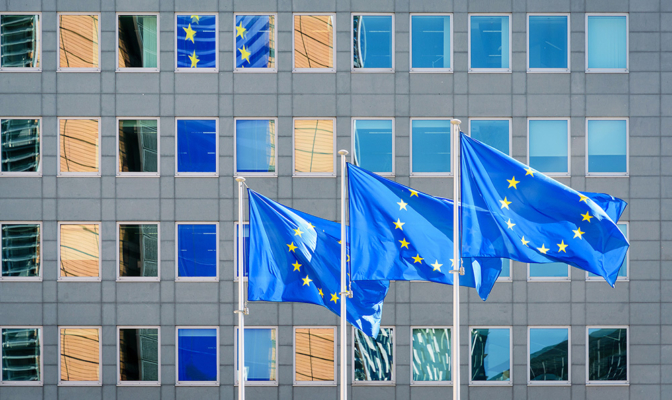Three questions for Helena Walsh, CEO of H/Advisors Brussels
Share on LinkedIn
As politicians return from their summer break, we asked our colleague Helena Walsh for her assessment from a European perspective. Among other things, we discussed the first few months of the new federal government in Germany and Germany’s role in Europe.
Chancellor Merz and the new German Federal Coalition Government has been in place for 100 days. What impact has this had on the German profile in Brussels?
In Brussels, the Merz government has re-energised Germany’s profile by pushing for more clarity and predictability on economic and regulatory priorities compared to the final Scholz years. Merz’s inaugural visits to Paris, Warsaw, and Brussels were designed to reestablish Germany as a central actor in EU policymaking, especially in defence, energy, and competitiveness. The overall tone is more market-oriented, with a stronger emphasis on competitiveness, and industrial policy alignment with EU frameworks. Overall, Germany is seen as trying to reclaim its traditional role as a pragmatic, consensus-driving force, but with strong focus on competitiveness and growth.
When looking at the Brussels institutions and the EU at large: What expectations are there regarding Germany’s role?
The expectation is that Germany, alongside France, will lead EU decision-making efforts, particularly in areas of economic governance, the Green Deal’s recalibration, and industrial strategy vis-à-vis China and the U.S. Brussels stakeholders anticipate Germany to be a bridge-builder, aligning France’s Europe first stance and Northern fiscal conservatism with Southern calls for investment. At the same time, there is pressure on Berlin to lead on defence, energy security, and the digital transition. For industry, this means Germany will be keen to hear companies’ views, as Berlin will likely be held accountable as both a rule-setter and an implementer.
Germany is pushing ahead in restoring its economic fundamentals in the European and international context. What should corporations and organizations from Germany be aware of when coordinating between Berlin and Brussels?
Corporations should be aware that Germany’s economic strategy is increasingly aligned with EU-wide priorities, particularly in areas like de-risking supply chains, digital sovereignty, and green technologies. Industry players active in the EU must therefore avoid treating Berlin and Brussels as two separate areas – public affairs strategies should integrate both tracks early to avoid policy gaps or contradictory messages. On the other hand, Brussels expects German companies to reflect EU-wide narratives (strategic autonomy, resilience, sustainability) back home, rather than just national goals, to maintain alignment and credibility.
Helena Walsh
CEO H/Advisors Brussels



